As part of Sin City A Dame to Kill For’s press junket Frank Miller posed for Playboy and answered some questions. The full interview can be read here at Playboy.com. This is Playboy so it is probably not NSFW. Below you’ll find what I found to be a few of the more interesting exchanges.
PLAYBOY: Jessica Alba, who plays the stripper Nancy Callahan in the Sin City films, recently said, “Sex is absolutely what helps sell this movie, which is fine by me.” What role does sex have in A Dame to Kill For?
MILLER: [Laughs] That sounds like Jessica. The predominant story is about a man whose lifelong obsession with a woman leads him to do horrible things. That’s a new wrinkle for me. Generally the romantic impulse has led my characters to be more noble. There are two primary impulses in people’s lives: sex and violence. It’s like Hitchcock’s wonderful quote when he said melodrama was reality with all the boring parts taken out. It’s not possible to tell a good story without conflict, and the best forms of conflict are sex and violence. I make no apologies for the kind of work I do. You’ll find plenty of violence and sex in grand opera and epic poetry too.
PLAYBOY: More recently you angered a lot of people with Holy Terror, your 2011 comic book about a superhero who fights Al Qaeda. In Wired, a writer called it “a screed against Islam,” and others accused you of depicting Islam as a violent religion. Do you stand by the book?
MILLER: Yes. Why not? I felt the response to 9/11 was tepid, if not disgusting. It’s almost as though they killed 3,000 of my neighbors and we spent the next bunch of years apologizing for it. Since superheroes have a tradition of fighting fascism, why not do it one more time? I don’t know where anyone got the idea it was anti-Islamic. I used, I believe, three Islamic words, which are common Al Qaeda usage. I didn’t feature their religious services. I happen to believe terrorism is a pungent evil, and I’m glad we’re fighting it. It’s incomprehensible to me that people apologize for it or pretend it never happened.
PLAYBOY: You described Holy Terror as “propaganda” in the tradition of Thomas Paine and predicted it would “offend just about everyone.” Has offending people been a goal in your career?
MILLER: I’ve been through periods when I wanted to spend my career annoying or offending people and other times when I wanted to inspire or spin a good yarn or draw a particular kind of car. I remember coming into the worlds of Marvel and DC and wanting to shake things up because they’d been the same way for so long. I wanted to be the bull in the china shop. And sometime in the 1970s along came Will Eisner with A Contract With God, which showed that comic books could have a shelf life and be read repeatedly, not just come out and disappear in time for next week’s cycle.
PLAYBOY: Has the stigma of being a comic-book artist vanished?
MILLER: I hope not. I hope we never lose it. I’ve always liked being one of the naughty boys. People like to refer to comic books as graphic novels or sequential storytelling, all kinds of crazy words. Graphic novels sounds like we’re porn. I like the term comic book, because it sounds like something you fold up and put in your back pocket. I like the goofiness of them. One reason I enjoy the Marvel Comics movies is that they’re fun. A lot of superhero movies are pompous. At one point I was watching Superman, and all I could do was an impersonation of him saying, “Hi, I can fly and you can’t.” Whereas Captain America, the Hulk and Iron Man are a bunch of mixed-up crazy kids, just like the readers.
PLAYBOY: Your work is clearly influenced by film noir and pulp magazines. Do you prefer the older ideal of masculinity to the one you see represented in culture these days?
MILLER: I believe there has been a crisis of masculinity in modern times, and the 1940s-style gentleman needs to make a comeback—the sort of man who opens the door for women and compliments them and does things for them. I believe it’s a biological function of men, because we tend to be larger than women, to be protective of them. If I were to try to zero in, comic-book-like, on when masculinity went awry, I’d say it was when Rod Stewart sang, “You are my lover, you’re my best friend,” rather than allowing there to be two people in his life who served two very important functions.
Miller seems to want to remain a stigmatized artist, while returning to some fairy tale of old school masculinity. You can’t fight for conformity while romanticizing the weirdo. And blaming a modern masculinity crisis on Rod Stewart is just foolish. As I get older, I enjoy Frank Miller’s work less and less. The idea of new Sin City stories written by Miller would have immediately sold me on the film a few years ago. Now I wonder why Nancy is still a stripper. Can you imagine Frank Castle as a stripper and vigilante? I can, but I don’t see the movie being made.

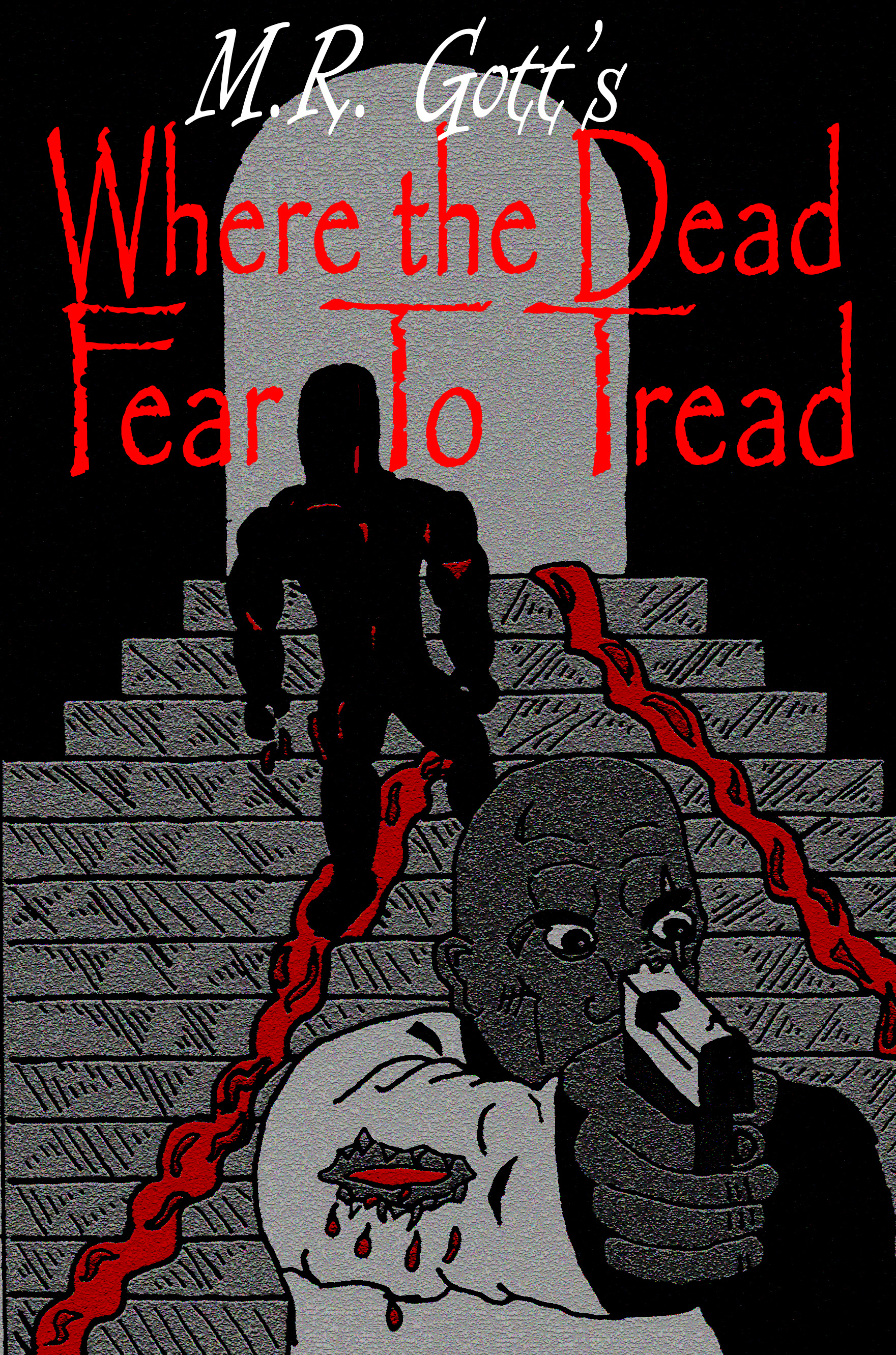
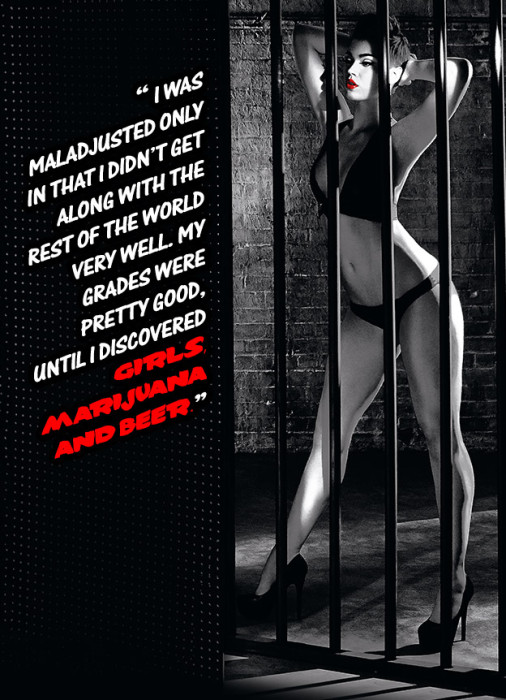
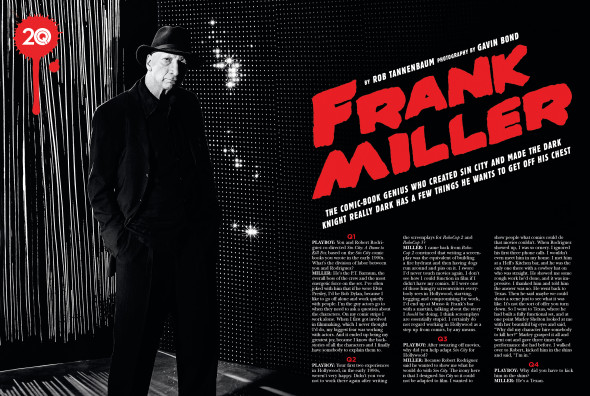
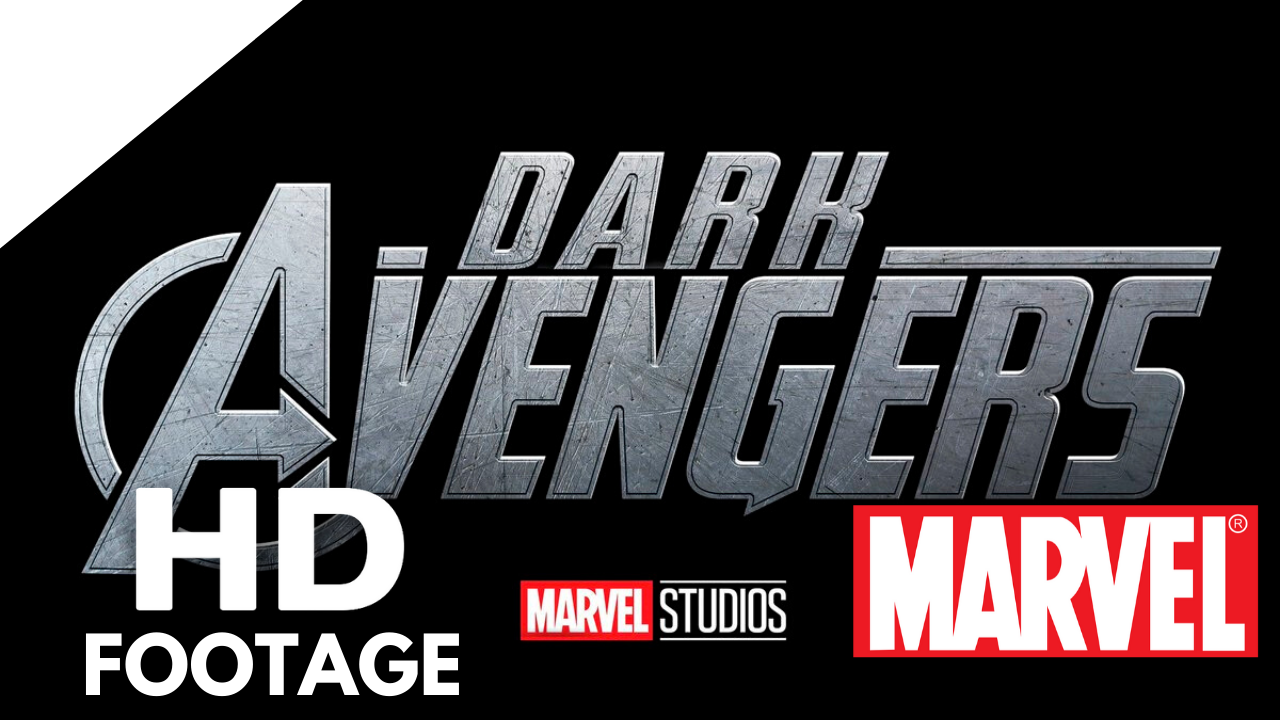
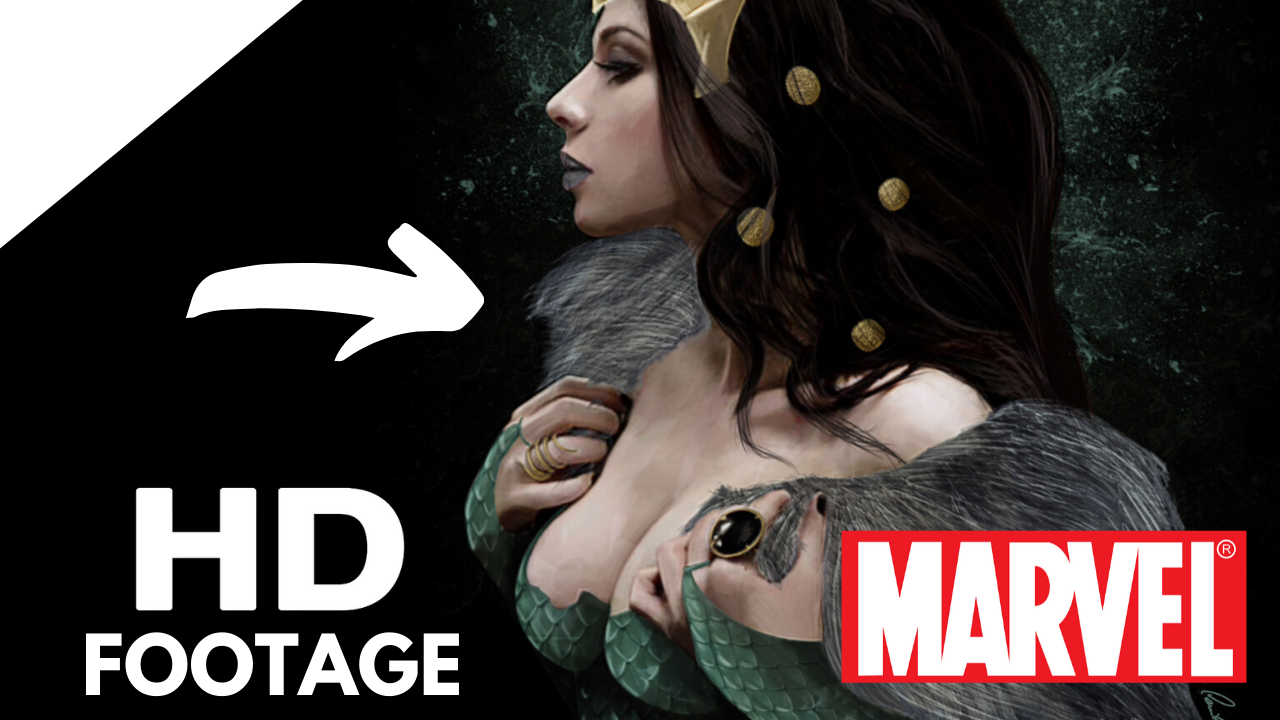




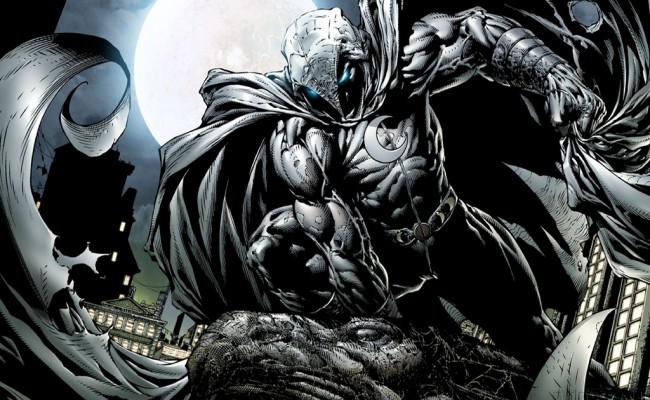

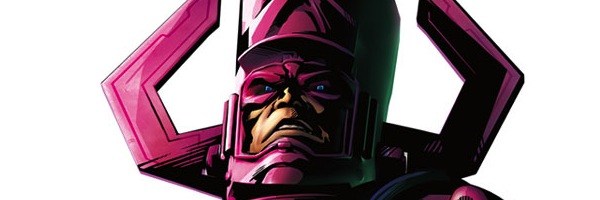

S#!T Talking Central